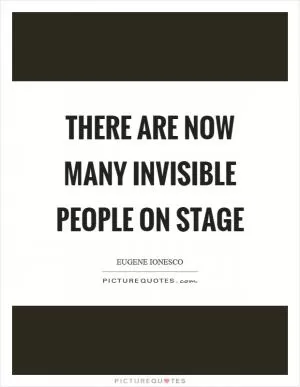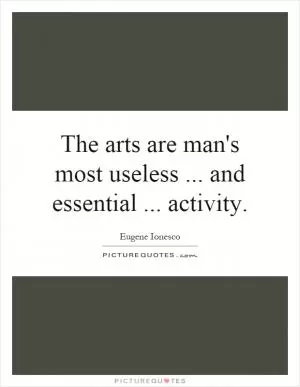A civil servant doesn't make jokes

A civil servant doesn't make jokes
Eugene Ionesco, a renowned Romanian-French playwright known for his absurdist and avant-garde works, often explored themes of conformity, bureaucracy, and the absurdity of human behavior in his plays. One of his most famous works, "Rhinoceros," is a prime example of his satirical take on society and the dangers of conformity.In the context of "A civil servant doesn't make jokes," this phrase can be seen as a reflection of the rigid and humorless nature of bureaucracy and the dehumanizing effects it can have on individuals. Civil servants are often seen as faceless, bureaucratic figures who adhere strictly to rules and regulations, devoid of any sense of humor or individuality. In Ionesco's world, these civil servants represent the mindless conformity and lack of critical thinking that can lead to disastrous consequences.
In "Rhinoceros," the townspeople gradually transform into rhinoceroses, symbolizing the dangers of conformity and the loss of individuality. The protagonist, Berenger, resists this transformation and clings to his humanity, even as those around him succumb to the allure of becoming part of the herd. The civil servants in the play are portrayed as humorless and robotic, blindly following orders and losing touch with their humanity in the process.
Ionesco uses humor and absurdity to highlight the absurdity of conformity and the dangers of blindly following authority. By stating that "A civil servant doesn't make jokes," he is emphasizing the dehumanizing effects of bureaucracy and the loss of individuality that can result from mindlessly adhering to rules and regulations.












 Friendship Quotes
Friendship Quotes Love Quotes
Love Quotes Life Quotes
Life Quotes Funny Quotes
Funny Quotes Motivational Quotes
Motivational Quotes Inspirational Quotes
Inspirational Quotes